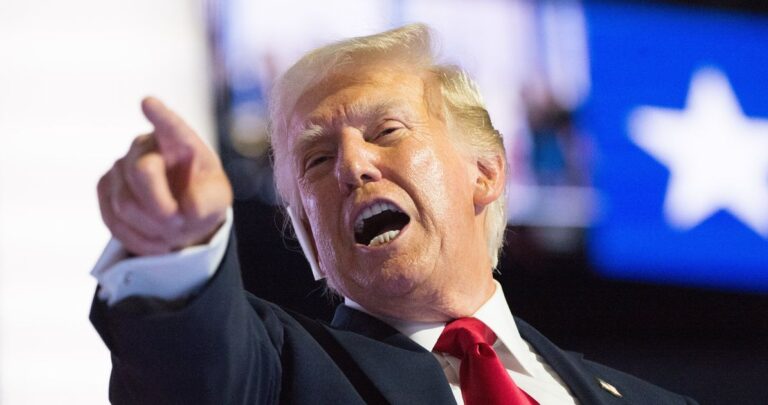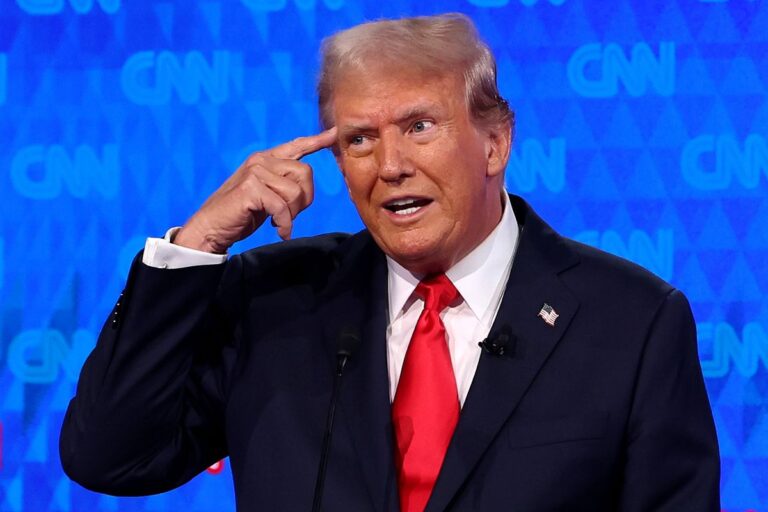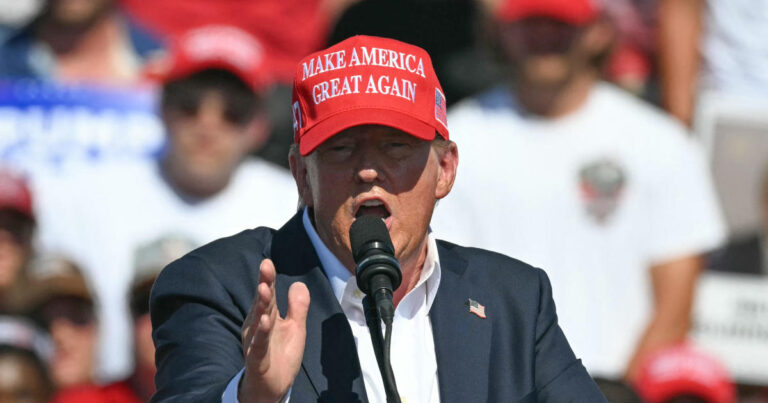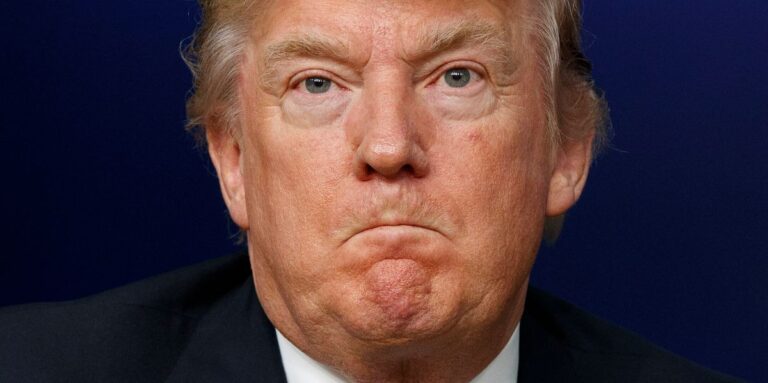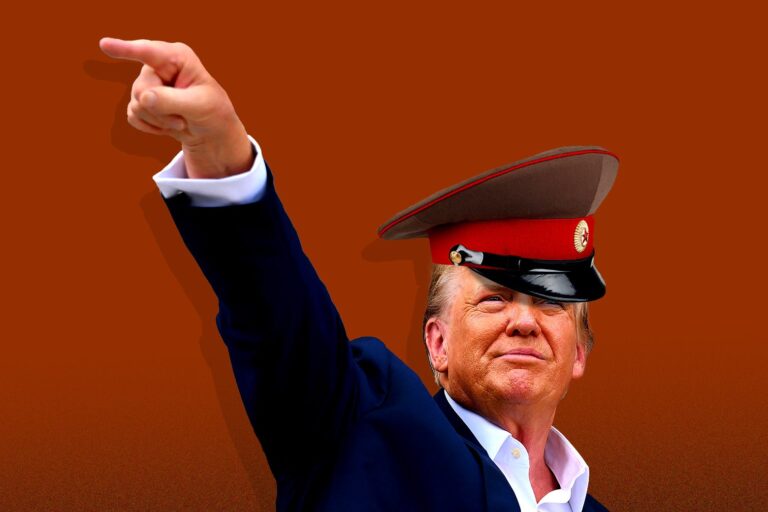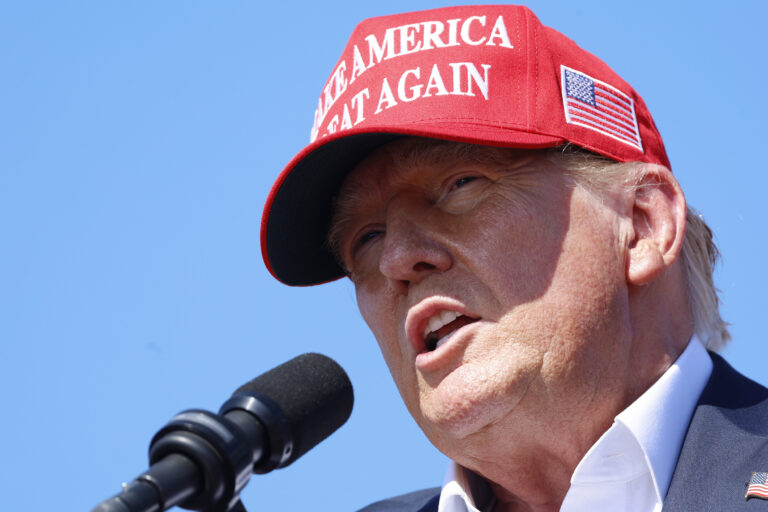Key Falsehoods or Claims:
In the article “Harris Presses Trump For Another Debate On CNN—But He Says It’s ‘Too Late’” by Forbes, the main falsehood presented is Donald Trump’s claim that it is “too late” for another debate on CNN. Trump’s statement indicates a refusal to participate in another debate, despite the fact that there is still time to schedule one.
Source: Forbes is a widely recognized business magazine that covers a range of topics, including politics. While it is generally considered to have a centrist or slightly right-of-center bias, it is known for its high journalistic standards.
Analysis of Falsehoods’ Impact on Public Opinion and Threat to Democracy:
Donald Trump’s refusal to participate in another debate on CNN could shape public opinion by limiting voters’ access to important discussions and exchanges of policy ideas. This could influence how voters perceive the candidates and make informed decisions.
The article poses a threat to our democracy by highlighting the potential undermining of a crucial aspect of the democratic process – debates between candidates. By refusing to engage in further debates, Trump may be denying voters the opportunity to hear the candidates’ positions on important issues, which is essential for an informed electorate.
Hypothetical Public Reactions/Political Outcomes:
If Trump’s claim gains traction, it could affect voter behavior by potentially limiting the information available to voters and skewing public opinion. Voters may be left with a limited understanding of the candidates’ policy positions and plans for the future, potentially impacting their voting decisions.
Recommendations for Further Reading:
For further reading on the influence of media and misinformation in politics, reputable sources such as The Washington Post’s coverage of media influence, and studies on misinformation by the Pew Research Center can provide valuable insights into the impact of lies and conspiracy theories on public opinion and democracy.
Source link
Redirect URL
